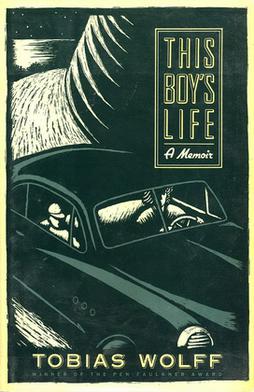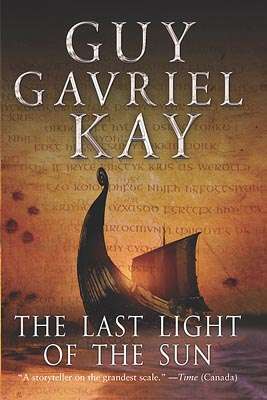This Boy’s Life: A Memoir, by Tobias Wolff (Grove Press, 1989)
There is no doubt, that as a staple of the nonfiction genre, the memoir continues to boom. The “official” boom is said to have occurred between 1990 and 2010, launched almost single-handedly by the publication of Frank McCourt’s Angela’s Ashes, which won a string of awards, including the Pulitzer, in 1999. The reception for McCourt’s book is said by some to have been paved by Dave Pelzer’s A Child Called It, and Mary Karr’s The Liar’s Club, both of which were released in 1995. And though the official boom may be in the past, there seems to be no decrease in the need to read (and write) one’s personal account. The substance and style is hugely variable, though wonderfully interesting and well-written memoirs continue to be released. Just this week, Anjelica Huston’s A Story Lately Told (Scribner: 272 pp., $25), recounts her childhood in Ireland, her teen years in London and days as a model in New York. (Part two, titled, “Watch Me,” is slated for 2014), and it’s one I can’t wait to read.
Though well before the memoir boom, and before Karr and McCourt, there was Tobias Wolff’s This Boy’s Life. First published in 1989, it has since become a classic of the contemporary genre. I’m embarrassed to say I’d meant to read it for years, and only finally did this past week, but it is an absorbing read, one you may finish, like I did, in nearly one sitting.
Wolff, the author of numerous works of fiction, including short stories, novels, and a second memoir, has said This Boy’s Life began as notes written to himself about his boyhood—stories he thought he might pass along to his children. But as the material kept amassing, it was soon clear there was a larger story to be written. The book covers Wolff’s peripatetic and often tumultuous boyhood, from the age of ten to high school, after his mother flees her marriage from his father (and leaves behind his elder brother Geoffrey), taking her youngest with her. Mother and son drive west in a beat-up car, and their destination is Utah where a supposed uranium boom is underway. Though by the time they arrive, the boom is over. And here is where, to borrow the title of Wolff’s latest collection, our story begins:
Our car boiled over again just after my mother and I crossed the Continental Divide. While we were waiting for it to cool we heard, from somewhere above us, the bawling of an airhorn. The sound got louder and then a big truck came around the corner and shot past us into the next curve, its trailer shimmying wildly. We stared after it. “Oh, Toby,” my mother said, “he’s lost his brakes.”
Rosemary, Toby’s mother is both beautiful and tragically uncertain, never sure whether she’s chosen the right job, moved to the right town, or married the right man. A good deal of the account’s tension is founded on Rosemary’s unfortunate choices, but she is clearly devoted to her son, as best she can be, and a thoroughly sympathetic character all the same. She appears both beautiful and flawed, with a certain flinty conviction that at crucial points moves the pair to the next locale.
The voice of Wolff’s narrator is as much the center of the book as the story of how Toby and Rosemary survive those years. Wolff’s style has been described as having a lyric clarity, and the voice here carefully and honestly discerns the damaged men, the schoolmates, and the places and objects that occupy Toby’s life, and no less so when it comes to himself. Here, we see Rosemary, despondent after she returns from her honeymoon with her new husband Dwight:
I had never seen my mother give up. I hadn’t even known the possibility existed, but now I knew, and it gave me pause. It made me feel for a little while the truth that everything good in my life could be lost, that it was all drawn day by day from someone else’s store of hope and will.
The accuracy with which Wolff portrays this world is applied as much to the character of Toby as it is to the people and things in it. Read this book for that winning and insightful voice, and for the thrill of seeing how one boy managed to self-invent his way out of a life that didn’t offer him many favors.
—Lauren Alwan

